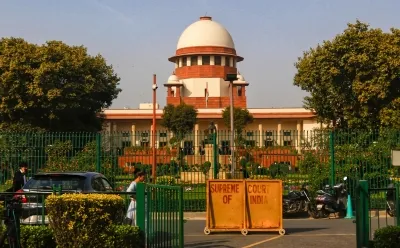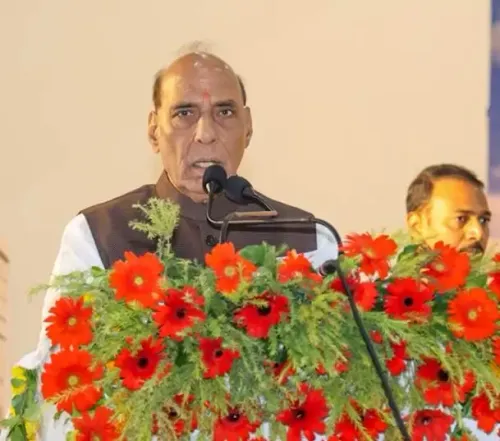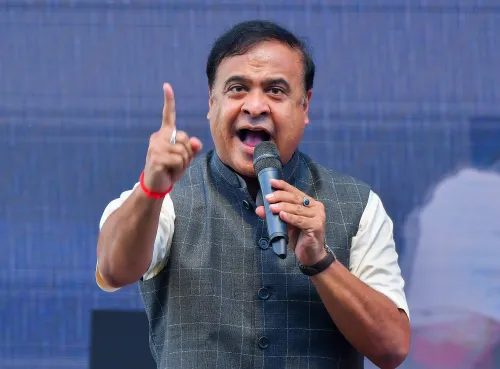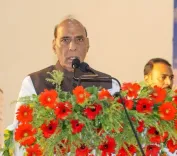Supreme Court Responds to Challenge Against IT Blocking Regulations

Synopsis
Key Takeaways
- Supreme Court to review IT Blocking Rules
- Petition claims violation of freedom of speech
- Concerns over discretion given to authorities
- Right to be heard is fundamental
- Rules may lack constitutional validity
New Delhi, March 3 (NationPress) The Supreme Court has consented to review a petition that contests the IT Rules allowing the authorities to optionally issue a blocking request notice to the originator of digital content.
A Bench comprising Justices BR Gavai and AG Masih requested the Centre to respond to the petition that seeks to annul Rules 16, 8, and 9 of the 2009 Blocking Rules, declaring them as ultra vires to the Constitution’s Articles 14, 19, and 21.
The petition argues against the constitutional validity of these provisions, asserting that the optional issuance of a blocking request notice to the originator gives authorities the unchecked discretion to decide whether to inform the originator before their content is blocked, thus infringing upon their right to be heard.
According to the plea, Rule 8 fails to require the Designated Officer to notify the content originator to present their defense, thereby denying the fundamental right to be heard prior to any blocking action.
The petition claims that the blocking action infringes upon the right to freedom of speech and expression, violating the Constitutional right of the originator to a fair hearing, as ensured by Article 21 and Article 19(1)(A) of the Constitution of India, and undermines the principles of natural justice.
“For the constitutionality of Rules 8 and 9 to be maintained, the word 'or' should be interpreted as 'and', given that the right to be heard of an aggrieved party is a fundamental right, particularly when another fundamental right, namely the right to free speech and expression, is at stake,” stated the petition, which was filed by advocate Paras Nath Singh.
It further noted that authorities often misuse Rule 9 as an emergency measure to block user content without prior notification, leaving the originator without a means of relief due to the absence of notice, a reasoned order, and an opportunity to be heard.
“The lack of notice and the chance to be heard in emergencies effectively negates procedural fairness and infringes upon individuals' constitutional rights under Articles 14, 19, and 21, as well as the principle of natural justice,” the petition asserted.
Moreover, it claimed that Rule 16 exacerbates the violation of natural justice principles by failing to provide reasoned orders, notifications, or hearing opportunities to those impacted by content blocking under Section 69A of the Information Technology Act, 2000.
“Rules 8 and 9 of the Blocking Rules, 2009, should be deemed unconstitutional due to their lack of guidelines governing the discretion to issue or refrain from issuing notices to the originator. To ensure its constitutionality, it must be interpreted as mandating the sending of notices to the originator and ensuring that both the intermediary and the originator are notified of any blocking requests made by the Designated Officer,” the plea concluded.









